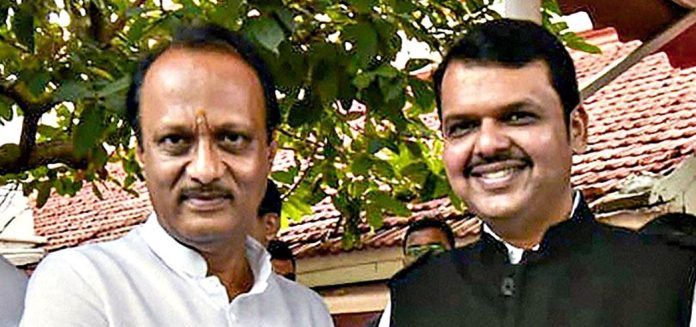In a significant move ahead of the upcoming Maharashtra assembly elections, NCP-AP leader Ajit Pawar announced that 10% of his party’s seats would be allocated to candidates from minority communities, including Muslims. His statement came at a public meeting in Beed on October 1, reflecting a clear attempt to counterbalance the communal rhetoric that has recently dominated political discourse.
Pawar’s promise to minorities is seen as a response to the growing polarization in the state, particularly after remarks by BJP MLA Nitish Rane and Deputy Chief Minister Devendra Fadnavis.
Pawar emphasized, “I support the legacy of Shivaji, Shahu Maharaj, and Phule, who advocated for equality among all castes and religions. Some irresponsible leaders are making statements against different communities, and this is not acceptable.”
The timing of Pawar’s announcement is crucial, given Fadnavis’ recent controversial comments accusing the Muslim community of “vote jihad” in the 2024 Lok Sabha elections. Fadnavis alleged that Muslim voters had strategically united to defeat Hindutva-backed candidates, resulting in the Mahayuti alliance losing 14 out of 48 seats. This divisive narrative has further alienated Muslim voters, prompting political leaders like Ajit Pawar to make overtures of inclusion.
As the assembly elections draw closer, Pawar’s decision to reserve seats for minorities is likely to resonate with Muslim voters, who have often felt sidelined by mainstream political parties. By offering representation to Muslims, Pawar aims to strengthen his appeal to a crucial voter base that could significantly influence the election outcome, especially in constituencies with sizable minority populations. With Maharashtra’s political landscape increasingly marked by communal rhetoric, Ajit Pawar’s promise offers the Muslim community a stake in the state’s future leadership.




